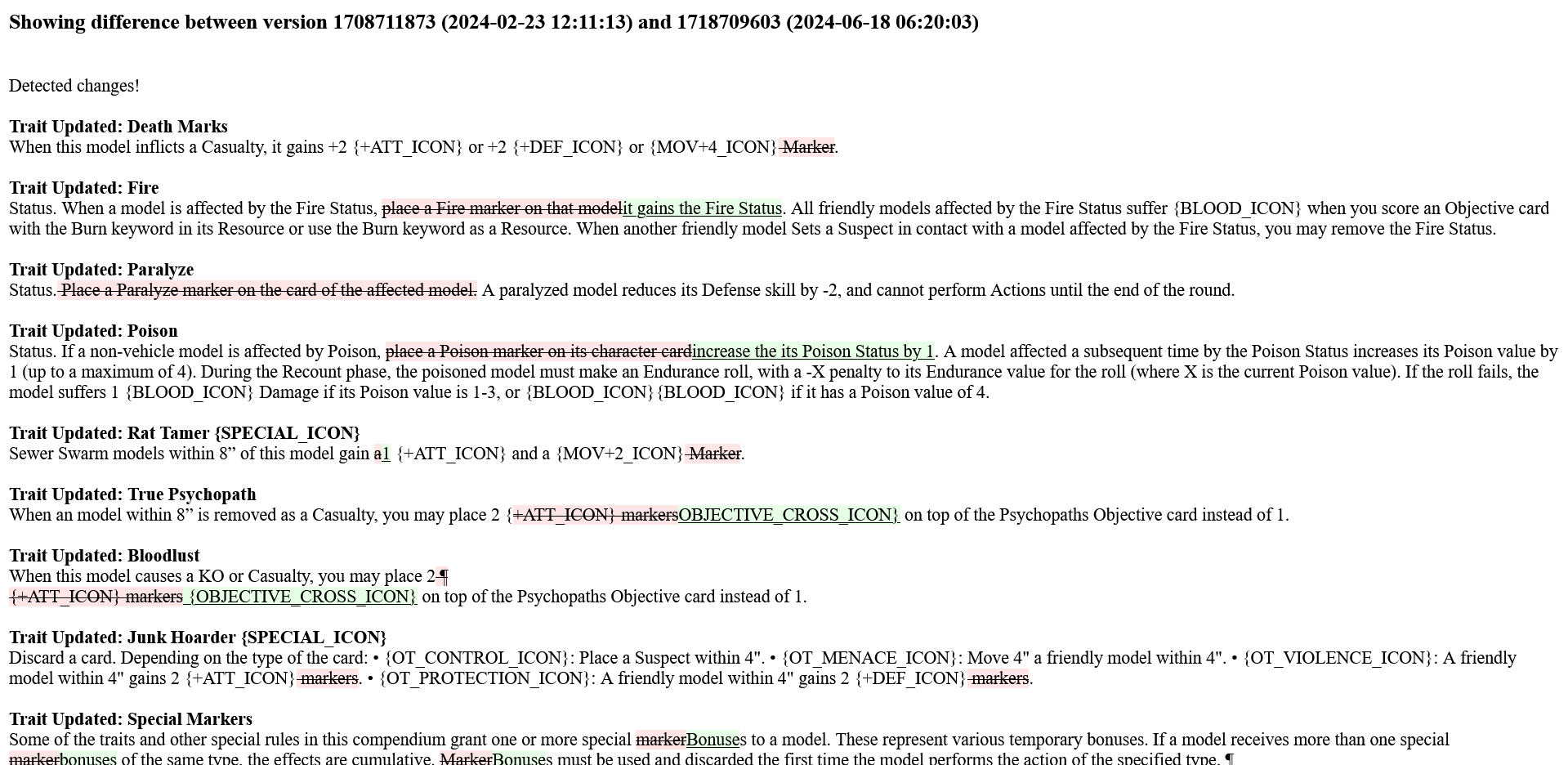API companion to support backend functionalities of bat_stats_ui
Start up DB, and web app:
docker-compose up -dStart DB locally, but not web app:
docker-compose up -d dbStarting the app locally:
python -m bat_stats_apiOnce started wait a few seconds and the app will reach out to the BMG api to check the latest app data version, and then if there are updates it will download them and store them in the postgres db.
The app will periodically poll for the latest api version and will pull any updates it sees.
GET /pingtests the server is up and runningGET /optimized/charactera paginated endpoint that returns an "optimized" view of character data with all attributes that in the BMG api are returned separately, but this endpoint maps them onto the character model. Additionally, there is some caching involved so this optimization is generated once and then stored in memory.GET /optimized/character/id/{id}another endpoint providing optimized character data for a single character by app id. by default the endpoint returns the character data from the latest game data version. Most endpoints, including this can explicitly set which app data version to use by adding a url parameterapp_versionto the url.GET /optimized/character/precacheAn endpoint that triggers all optimized character views to be prechached for the current app version.GET /optimized/cache/clearclears the optimized data cache.GET /purgepurges the backend databaseGET /character/summaryReturns a list of character names and aliases and their corresponding id.GET /weaponreturns a list of all weapons and fairly raw metadataGET /traitreturns a list of all traits and fairly raw metadata
Previous versions are retained in the database indefinitely in the current implementation. Future updates will add a process to partially prune old versions (i.e. retain some metadata but drop specifics about the version).
History retention of versions is useful for a few things:
Creating a diff tool.
e.g. http://localhost:8080/diff?base=1708711873&alt=1718709603 To test locally you'll need to run the app for a while until there is an app data update, and then replace the version numbers with the old (base) and new (alt) versions of the api data.
Once a list editor has been implemented, lists can be flagged as "needs review"
This way, users can see that maybe some tweaks will be required, potentially because points values, or traits have changed, and the list may no longer be valid or work the way it was originally intended to.
